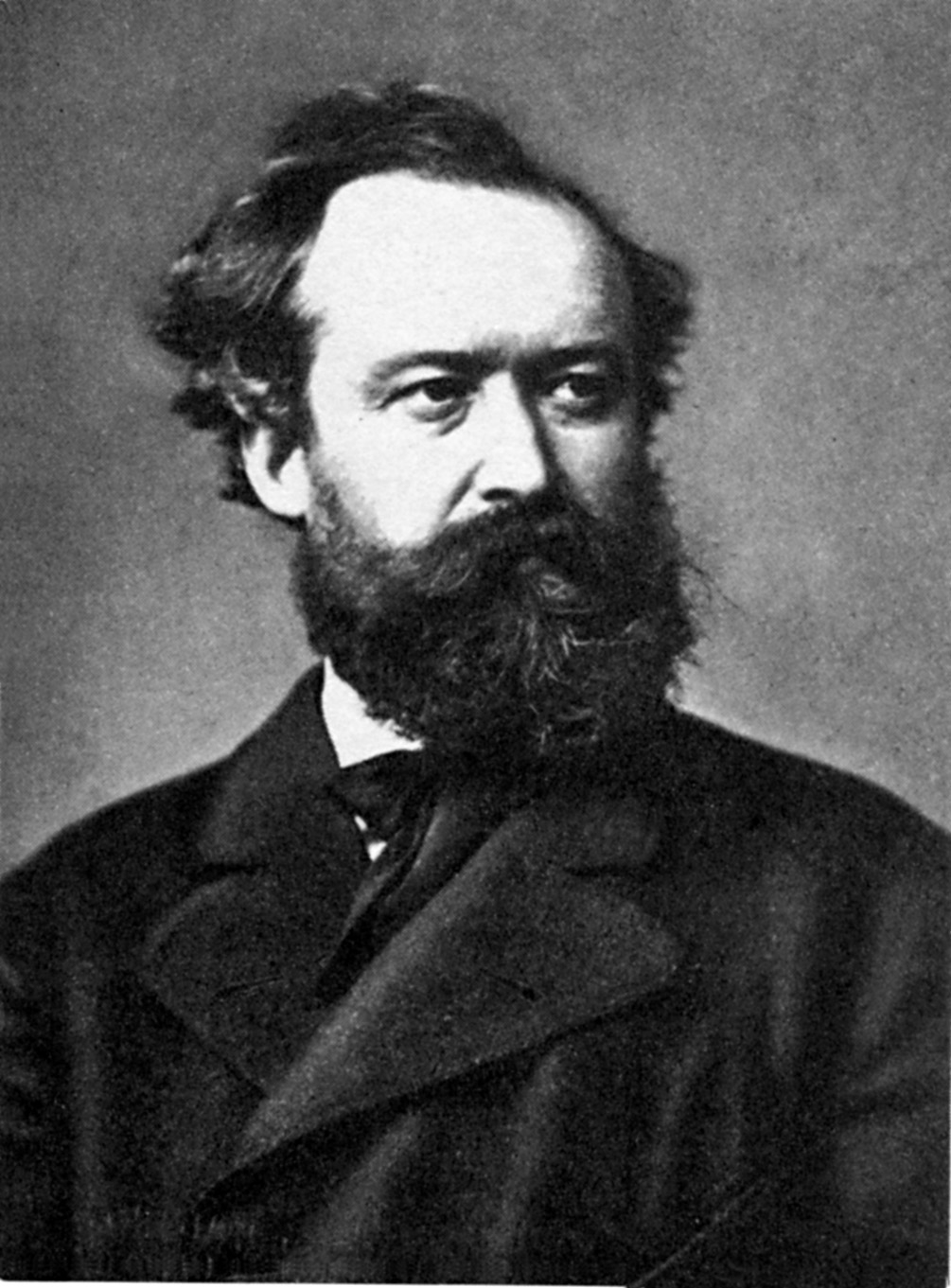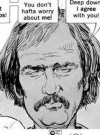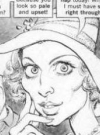Heinrich Christian Wilhelm Busch (15 April 1832 – 9 January 1908) was a German humorist, poet, illustrator and painter. He published comic illustrated cautionary tales from 1859, achieving his most notable works in the 1870s. Busch's illustrations used wood engraving, and later, zincography.
Busch drew on contemporary parochial and city life, satirizing Catholicism, Philistinism, strict religious morality and bigotry. His comic text was colourful and entertaining, using onomatopoeia, neologisms and other figures of speech, and led to some work being banned by the authorities.
Busch was influential in both poetry and illustration, and became a source for future generations of comic artists. The Katzenjammer Kids was inspired by Busch's Max and Moritz, one of a number of imitations produced in Germany and the United States. The Wilhelm Busch Prize and the Wilhelm Busch Museum help maintain his legacy. His 175th anniversary in 2007 was celebrated throughout Germany. Busch remains one of the most influential poets and artists in Western Europe.
Wikipedia contributors. (2019, January 1). Wilhelm Busch. In Wikipedia, The Free Encyclopedia. Retrieved 12:23, January 12, 2019, from https://en.wikipedia.org/w/index.php?title=Wilhelm_Busch&oldid=876355740


 Wilhelm Busch
Wilhelm Busch 













